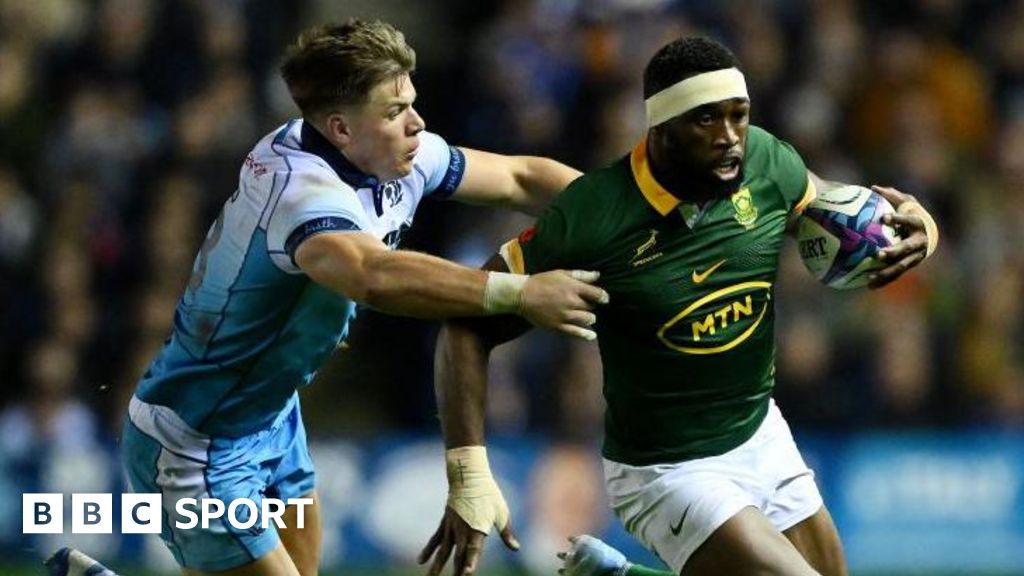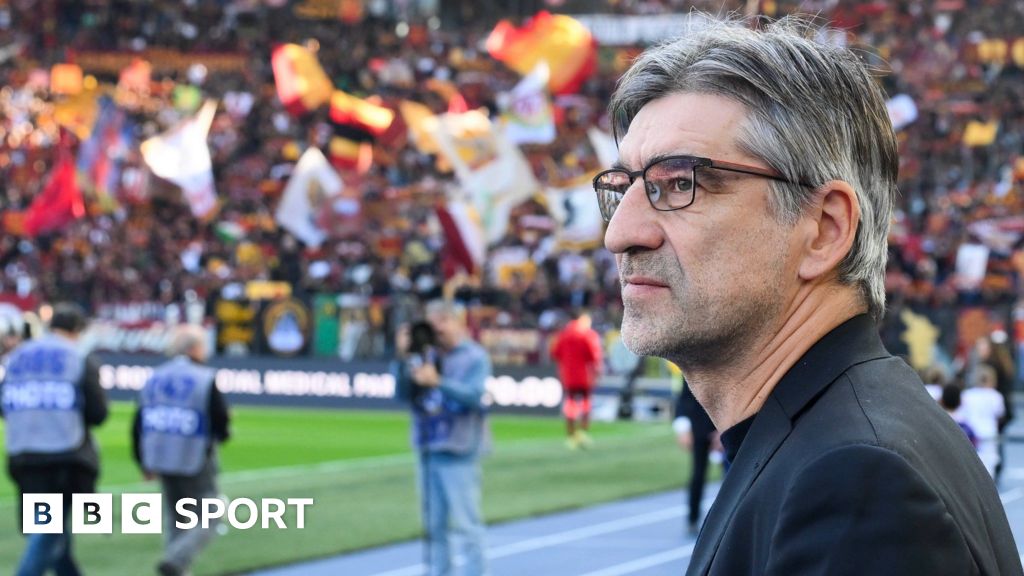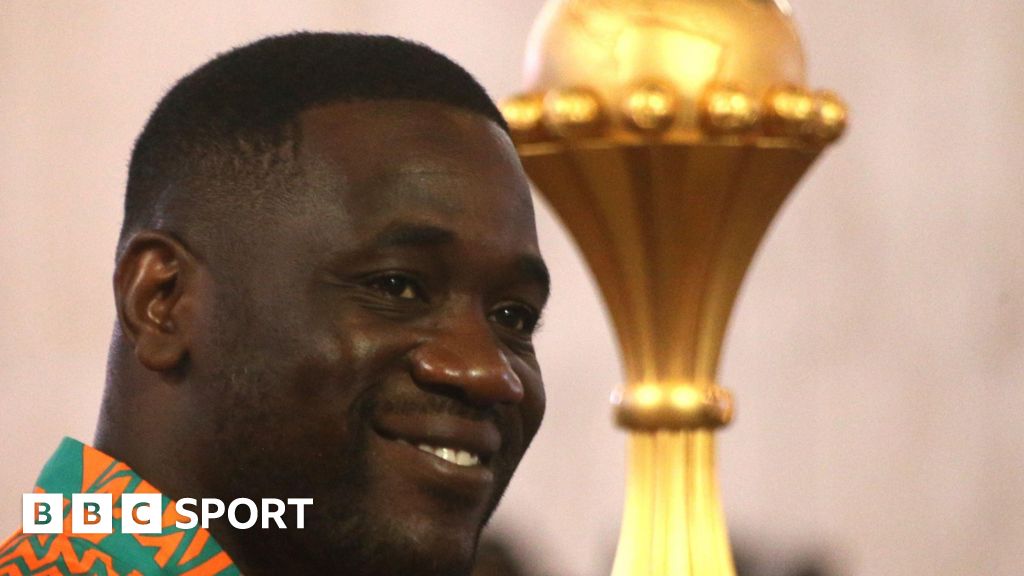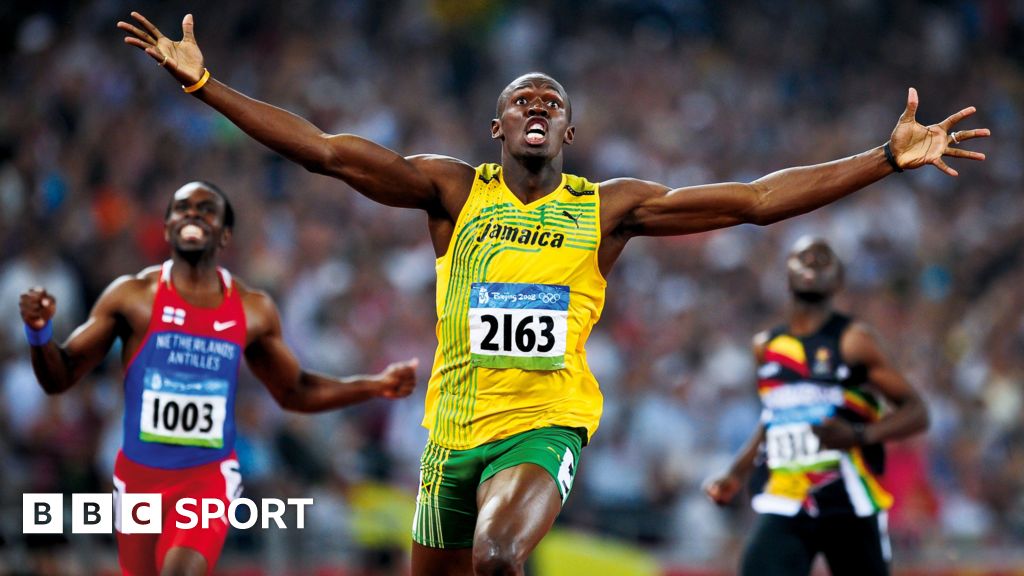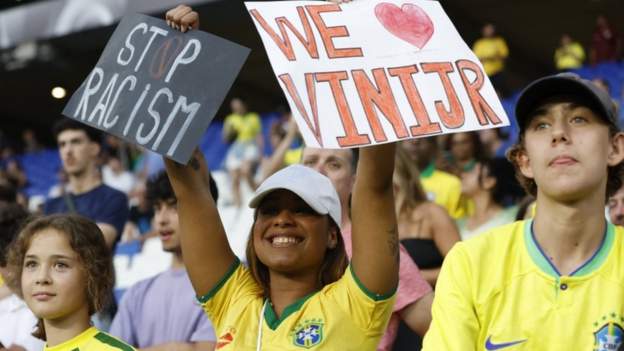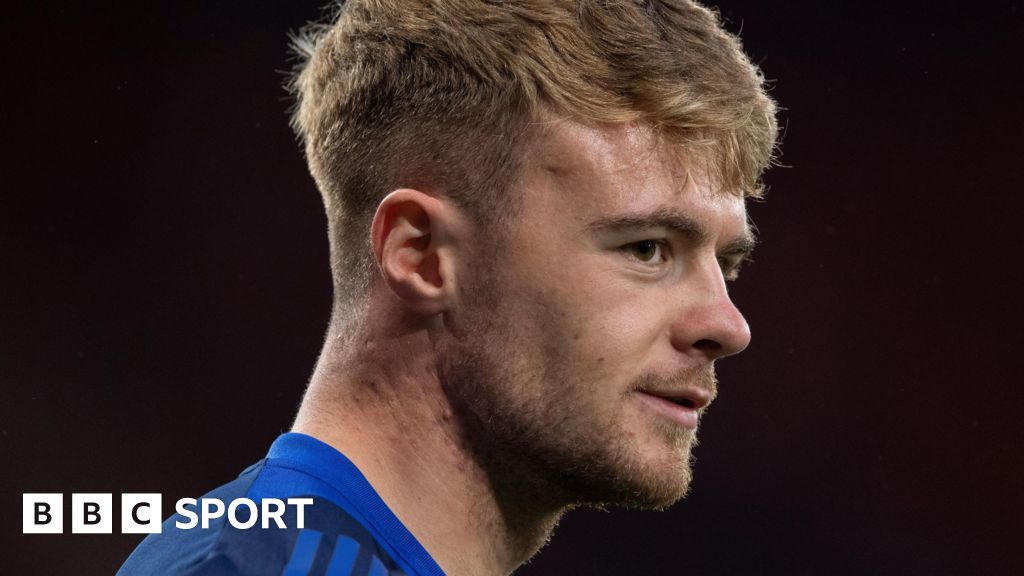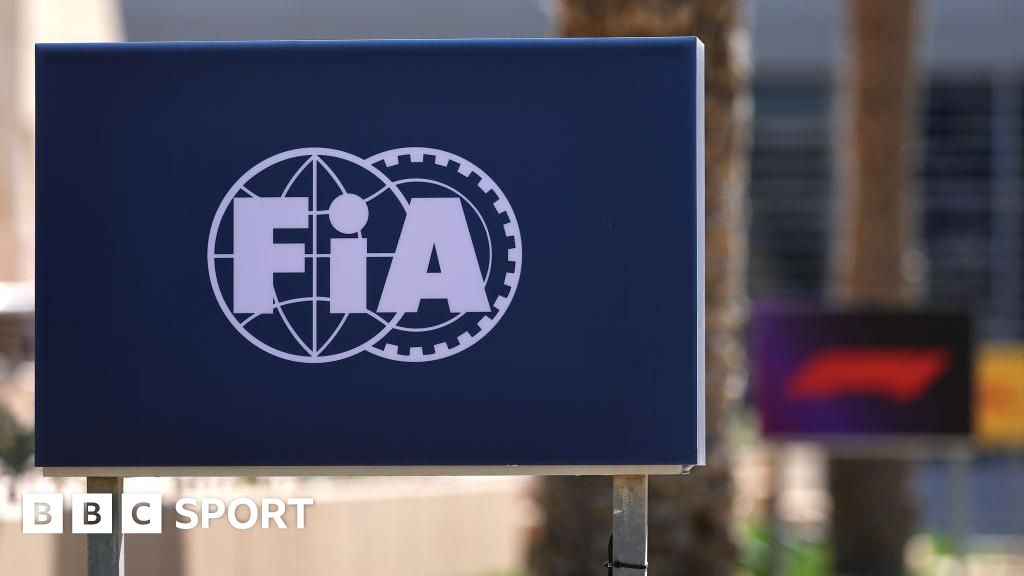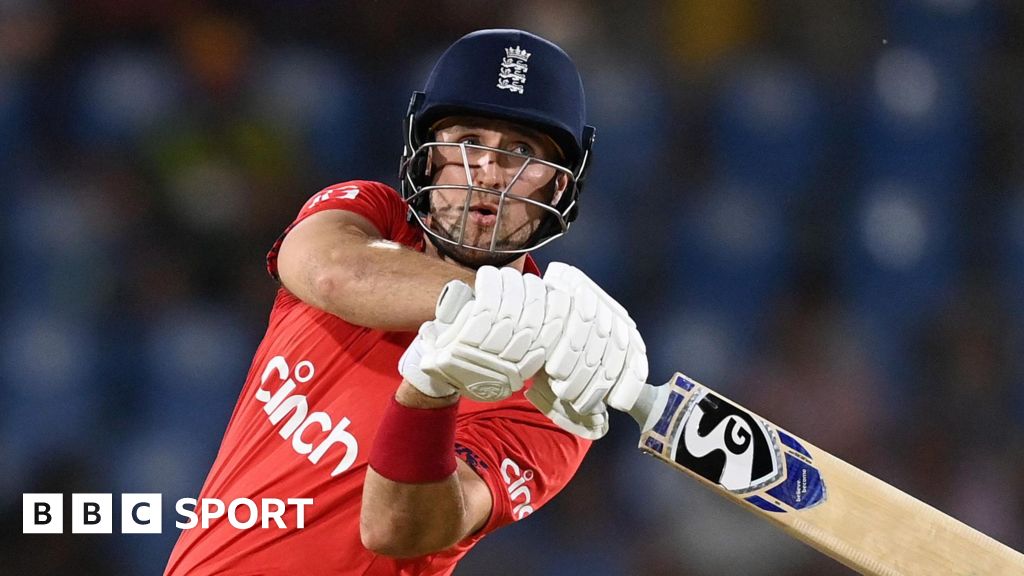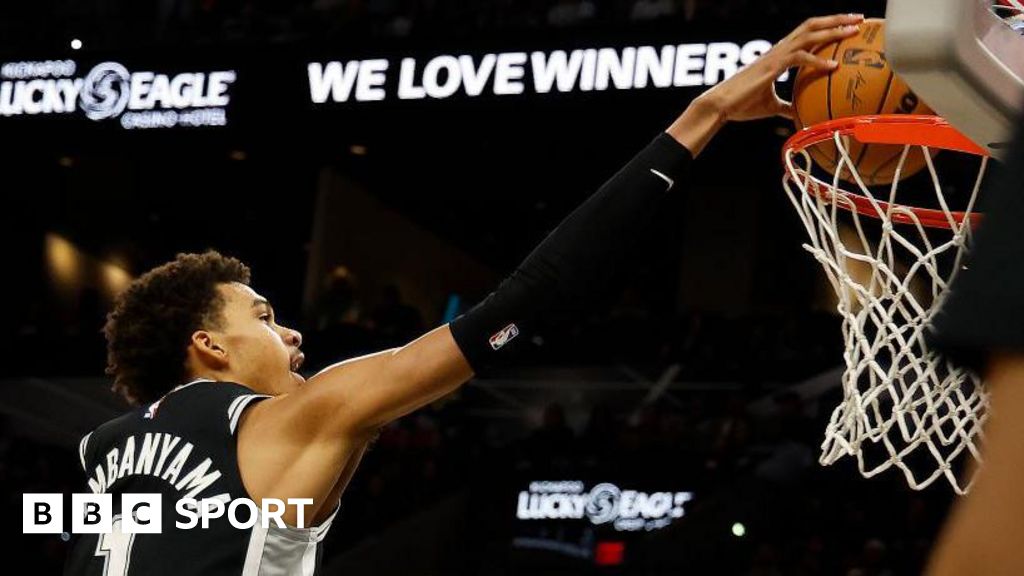Emerse Fae, the man who coached Ivory Coast to glory at this year’s Africa Cup of Nations (Afcon), believes it would be “easier” for organisers and players if the tournament was played every four years, instead of every two.
The Nations Cup has long had issues around its scheduling, and the repeated battles between clubs and countries over its timing and player release could ease with fewer tournaments.
The Confederation of African Football (Caf) said the finals should be played in June and July from 2019 onwards, but the last two tournaments have taken place in the once-traditional slot of January-February – midway through the European club season.
“It will be good to be as in Europe and South America and play every four years,” said Fae, who helped carry out the recent qualifying draw for the 2025 Afcon in Morocco.
“I think it will be easier for the players, because they will have less games and will maybe be stronger if they play less.”
The dates were only recently announced for next year’s competition in Morocco, where it will start in December for the first time – with games scheduled to be played over the Christmas period – and finish in January.
Organisers had hoped it could be played in June and July next year, but Fifa’s newly expanded 32-team Club World Cup – which will last a month, rather than its previous 10 days – now occupies that window.
Caf general secretary Veron Mosengo-Omba recently told BBC Sport Africa that player welfare issues were part of the reason it had taken so long to confirm dates for the 2025 Nations Cup.
But discussions to turn the tournament into a quadrennial event were “not on the table”, he added.
Shortly after taking charge of Caf in March 2021, Patrice Motsepe said he was in “no doubt” the Afcon had to be played every two years, as he publicly disagreed with a 2020 statement from Fifa president Gianni Infantino that the tournament should be a four-year affair.
The South African billionaire businessman, whose path to the Caf presidency had been aided by both Fifa and Infantino, said the income from the Nations Cup, which provides the lion’s share of the African body’s revenue, was needed to assure proper financial foundations.








